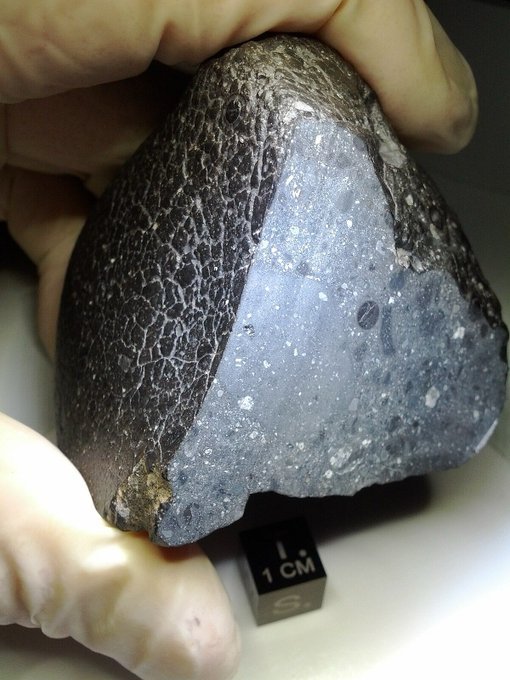
Recent studies of the Martian meteorite known as “Black Beauty” have provided fascinating insights into the planet’s ancient environment.
Scientists have discovered evidence of hydrothermal systems on Mars, which presents a compelling case for the planet’s habitable past.
This evidence suggests that around 4.45 billion years ago, hot water activity existed on Mars, resembling the conditions found in Earth’s own past.

The findings have significant implications for our understanding of potential life on Mars.
The water-rich environments created by these ancient hot springs could have offered critical conditions for supporting microbial life.
This challenges previously held notions that life might have only existed under very specific conditions and raises exciting possibilities that Mars was not only habitable but might have hosted life forms when the planet was geologically active.
The revelation of hydrothermal systems on Mars reshapes our understanding of the red planet’s history.
With evidence pointing toward ancient waters and hydrothermal activity, researchers are now revisiting the potential for finding traces of life.
While direct evidence remains elusive, the pursuit of understanding Mars’ habitability continues to drive scientific inquiry and exploration.
This discovery emphasizes the importance of Mars in the quest to comprehend life beyond Earth, hinting at secrets still buried beneath its surface.


